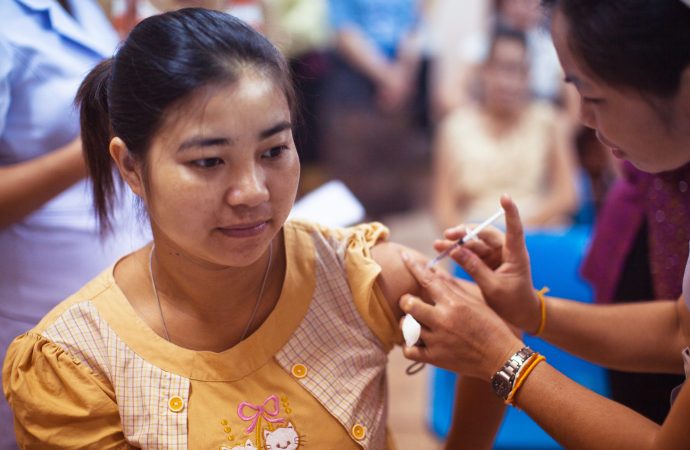The United States is known for its advanced healthcare system, but when it comes to maternal health, there are stark racial disparities that cannot be ignored. Black women are three to four times more likely to die from pregnancy-related complications than their white counterparts. This shocking statistic has raised concerns about racial disparities in maternal
The United States is known for its advanced healthcare system, but when it comes to maternal health, there are stark racial disparities that cannot be ignored. Black women are three to four times more likely to die from pregnancy-related complications than their white counterparts. This shocking statistic has raised concerns about racial disparities in maternal health and the need to address the barriers that prevent black women from accessing quality care.
The reasons behind these disparities are complex and multifaceted. Research has shown that black women are more likely to experience social determinants of health, such as poverty, limited access to education, and discrimination. These factors can lead to chronic stress, which can increase the risk of pregnancy-related complications.
Another factor that contributes to racial disparities in maternal health is implicit bias in healthcare. Studies have shown that healthcare providers often have implicit biases that affect the care they provide to black patients. This can result in delayed diagnosis, inadequate treatment, and a lack of trust between patients and healthcare providers.
To address these disparities, healthcare providers and policymakers must work together to break down the barriers that prevent black women from accessing quality care. One approach is to increase access to culturally competent care. This involves healthcare providers receiving training on implicit bias, cultural sensitivity, and providing care that is tailored to the unique needs of black women.
Another approach is to increase access to affordable healthcare. Medicaid expansion and other programs that provide low-income women with access to prenatal care and other healthcare services can help address the financial barriers that prevent some women from accessing care.
In addition, improving access to education and economic opportunities can help address the social determinants of health that disproportionately affect black women. This can include providing support for education and job training, as well as increasing access to affordable housing and transportation.
Finally, addressing racial disparities in maternal health requires a commitment to addressing systemic racism and discrimination. This includes acknowledging the impact of racism on health outcomes and working to dismantle the policies and practices that perpetuate racial disparities.
In conclusion, addressing racial disparities in maternal health is essential for ensuring that all women have access to quality care and the best possible health outcomes. To do this, healthcare providers and policymakers must work together to break down the barriers that prevent black women from accessing care, including implicit bias, financial barriers, and social determinants of health. By prioritizing culturally competent care, expanding access to affordable healthcare, and addressing systemic racism and discrimination, we can work to improve maternal health outcomes for all women.

















Leave a Comment
Your email address will not be published. Required fields are marked with *